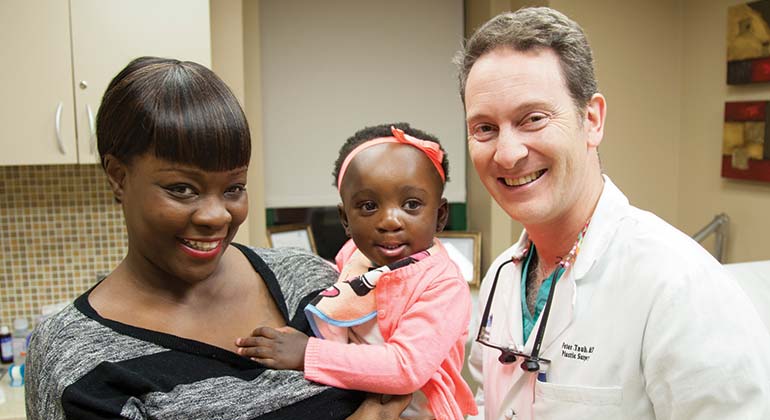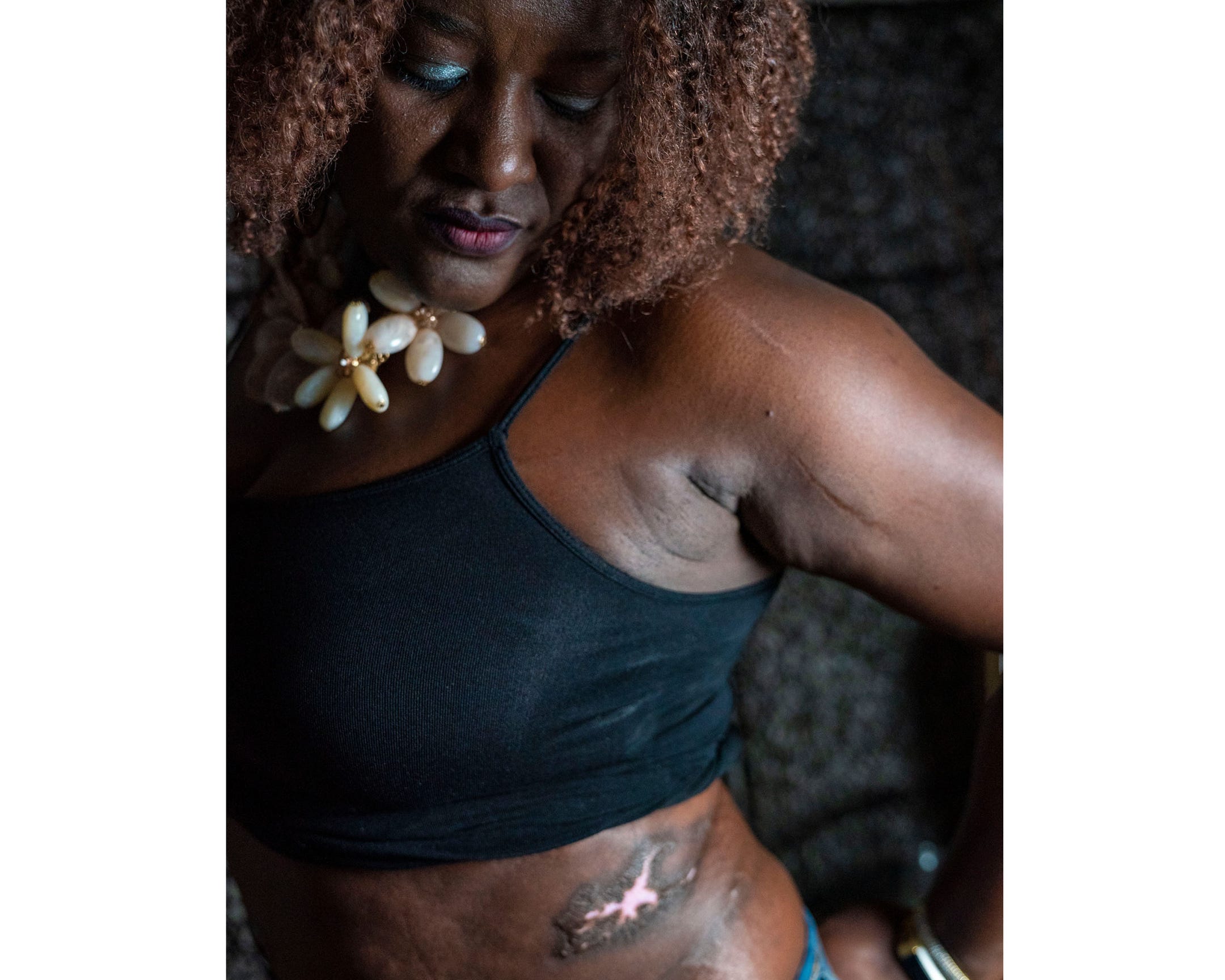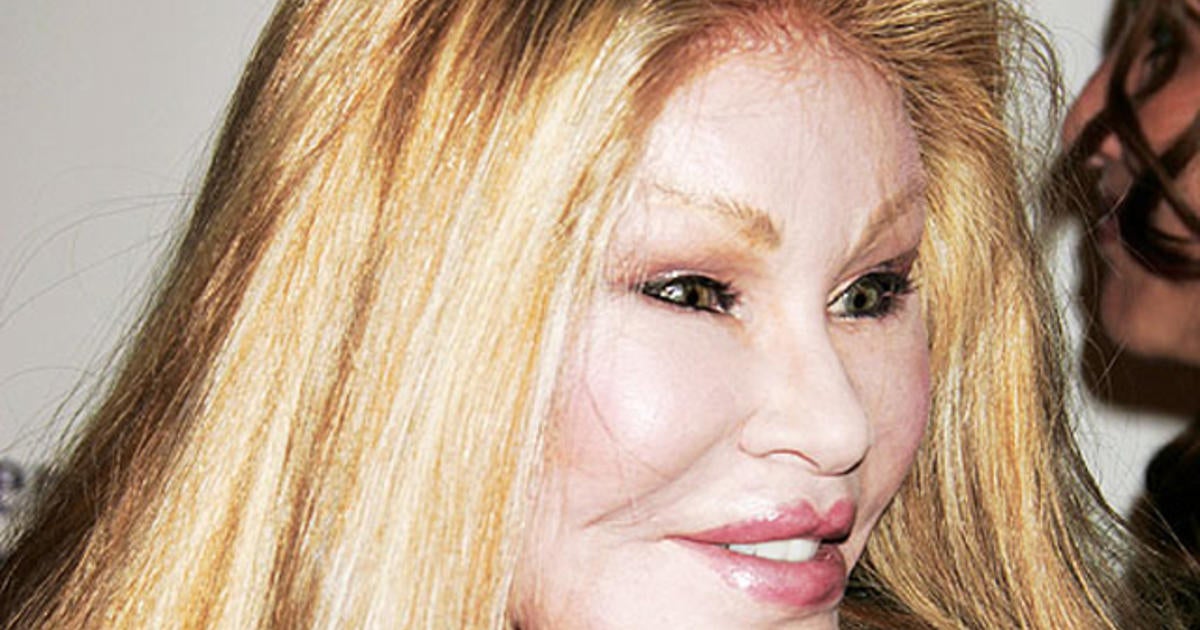Investigating the Psychological and Social Elements That Drive People to Think About Cosmetic Surgery as a way of Enhancement
The decision to pursue cosmetic surgical procedure usually prolongs past simple looks, intertwining with psychological and social characteristics that warrant comprehensive examination. Elements such as self-worth, pervasive societal elegance standards, and the prevalent influence of social networks assemble to shape individual motivations for surgical enhancement. As these impacts become progressively popular, comprehending the underlying psychological and social contexts is necessary. What stays to be explored is the extensive effect these factors have not only on personal identification yet likewise on more comprehensive societal standards and values bordering beauty and acceptance.
The Role of Self-confidence
Self-esteem significantly affects a person's choice to pursue cosmetic surgical treatment. People with reduced self-esteem typically regard themselves in an adverse light, leading to sensations of insufficiency regarding their physical look.

Eventually, the role of self-esteem in the decision-making process relating to cosmetic surgical procedure highlights the complicated interaction in between body picture, personal complete satisfaction, and mental wellness. Understanding this partnership is essential for medical care experts to ensure that people are making notified decisions rooted in sensible assumptions and emotional health.
Social Elegance Specifications
Influenced by pervasive media portrayals and cultural narratives, social beauty criteria play an important duty in forming individuals' understandings of their own bodies. These criteria are commonly defined by an idealized type of beauty that emphasizes traits such as balance, slimness, and youthful vigor. As these suitables are continued with different channels, consisting of movie, tv, and marketing, people frequently internalize these messages, leading to discontentment with their all-natural look.
The effects of these societal standards prolong past aesthetic choices; they can affect self-esteem, psychological wellness, and interpersonal partnerships. People that perceive themselves as disappointing these criteria may experience sensations of insufficiency, prompting a wish for plastic surgery as a way of attaining societal approval. This pursuit is typically fueled by the idea that satisfying these ideals will boost not only physical look yet likewise social standing and personal fulfillment.

Impact of Social Network
The influence of social elegance requirements is more intensified by the increase of social media platforms, where curated photos and idyllic depictions of beauty are ubiquitous. Individuals are constantly exposed to filteringed system and edited photographs, which frequently depict unattainable physical attributes. This direct exposure grows a society of comparison, leading people to evaluate their very own appearance against these usually impractical criteria.
Social media influencers and celebs regularly advertise cosmetic treatments, stabilizing the idea that surgical enhancements are a sensible ways for accomplishing societal suitables (plastic surgery rancho cucamonga). The exposure of these improvements can produce a perception that undertaking cosmetic surgery is a conventional practice, important site consequently affecting individuals to take into consideration comparable treatments as a pathway to improved self-esteem and social acceptance
In addition, the interactive nature of social media sites enables prompt feedback through likes and comments, even more enhancing the desire to adapt to popular charm requirements. Such interactions can aggravate feelings of insufficiency and drive people toward cosmetic surgery as a way of getting validation. Ultimately, social networks plays a crucial role in forming assumptions of charm, which significantly affects the decision-making processes bordering plastic surgery.

Cultural Viewpoints on Appearance
Across different societies, understandings of look are deeply rooted in historic, social, and economic contexts, shaping people' sights on appeal and value. In many societies, visit this site look works as a substantial pen of identity, affecting social standing, expert opportunities, and personal connections. For instance, in some societies, light skin is usually connected with wealth and privilege, while others may idealize darker skin tones as symbols of stamina and authenticity.
Moreover, standard appeal criteria are often perpetuated through social stories, media representations, and household affects, resulting in differing ideals across different regions (plastic surgery rancho cucamonga). In Western cultures, the focus on youth and fitness commonly drives people towards aesthetic enhancement, while in specific Eastern societies, more refined changes aligned with traditional looks might be favored
Globalization and the spreading of electronic media have even more complicated these dynamics, developing a hybridization of elegance perfects that transcends geographical borders. As people increasingly navigate these cultural narratives, the stress to conform to details appearance requirements can cause the need for plastic surgery, mirroring an intricate interplay of cultural values and personal ambitions. Understanding these cultural perspectives is important in attending to the inspirations behind plastic surgery factors to consider.
Psychological Influences of Cosmetic Surgical Treatment
Several individuals looking for plastic surgery report experiencing extensive emotional impacts that can significantly alter their self-perception and emotional well-being - plastic surgery rancho cucamonga. The wish for physical enhancement commonly originates from underlying problems such as low self-confidence, body dysmorphic disorder, or societal stress relating to beauty criteria. For some, the immediate post-operative phase can cause a temporary boost in self-confidence and satisfaction with their appearance, fostering a sense of empowerment
Nonetheless, these positive feelings may not be sustaining. Research study shows that while some clients experience improved self-worth, others might face elevated anxiousness or anxiety if their assumptions are not satisfied. This disparity can emerge from unrealistic suitables bolstered by media representation and social stories bordering elegance.
Moreover, the mental ramifications of cosmetic surgery expand beyond the person. Relationships with friends and family might be strained as social characteristics shift, leading to sensations of seclusion or alienation. Ultimately, the emotional impacts of plastic view publisher site surgery are intricate and complex, requiring mindful consideration by both potential clients and doctor to make certain informed decision-making and realistic expectations.
Final Thought
In final thought, the choice to go after cosmetic surgical treatment is considerably influenced by a combination of self-worth issues, social elegance standards, and social viewpoints on appearance. The pervasive reach of social networks additionally intensifies these pressures, promoting unrealistic suitables that individuals typically make every effort to acquire. Understanding these emotional and social factors is necessary for attending to the inspirations behind plastic surgery, highlighting the requirement for a much more nuanced discussion surrounding appeal and self-acceptance in modern society.
The choice to go after cosmetic surgical procedure typically expands past plain visual appeals, intertwining with social and psychological dynamics that merit detailed evaluation. Ultimately, social media plays a pivotal duty in forming assumptions of appeal, which dramatically influences the decision-making processes surrounding cosmetic surgery.
As individuals significantly browse these cultural narratives, the pressure to conform to details look criteria can lead to the desire for cosmetic surgery, mirroring a complex interplay of cultural values and personal aspirations.In final thought, the decision to seek cosmetic surgery is dramatically influenced by a mix of self-esteem issues, societal elegance criteria, and cultural viewpoints on look. Recognizing these social and emotional elements is vital for dealing with the motivations behind cosmetic surgery, highlighting the demand for a much more nuanced conversation surrounding charm and self-acceptance in contemporary society.